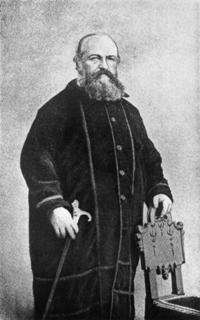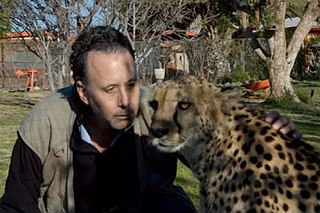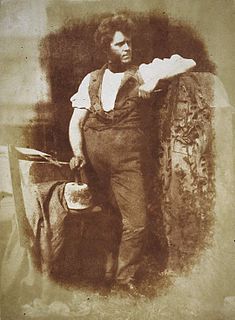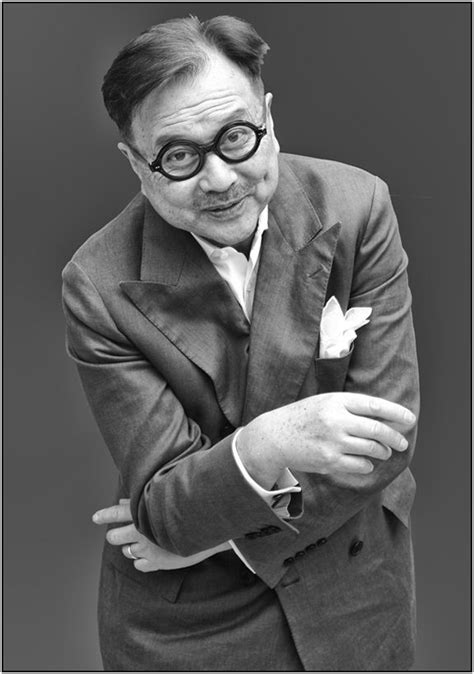A Quote by David Hare
Poetry is the key to the hieroglyphics of nature.
Quote Topics
Related Quotes
Books, as Dryden has aptly termed them, are spectacles to read nature. Aeschylus and Aristotle, Shakespeare and Bacon, are priests who preach and expound the mysteries of man and the universe. They teach us to understand and feel what we see, to decipher and syllable the hieroglyphics of the senses.
Hermeticism is the science of nature hidden in the hieroglyphics and symbols of the ancient world. It is the search for the principle of life, along with the dream (for those who have not yet achieved it) of accomplishing the great work, that is the reproduction by man of the divine, natural fire which creates and recreates beings.
If you examine the highest poetry in the light of common sense, you can only say that it is rubbish; and in actual fact you cannot so examine it at all, because there is something in poetry which is not in the words themselves, which is not in the images suggested by the words 'O windy star blown sideways up the sky!' True poetry is itself a magic spell which is a key to the ineffable.
The true essence of Chinese culture is sophistication, refinement, the spirit of poetry. The spirit of ink painting and calligraphy lives on forever. Calligraphy is more important than painting. Chinese always consider nature. Man is a very small part of nature. That's why in Chinese painting you see huge mountains and man very small, very humble before nature. You must be harmonious and one with nature. You don't fight it. And then there's a bit of a poetry. Of course, it's very complicated, but also very simple.






































